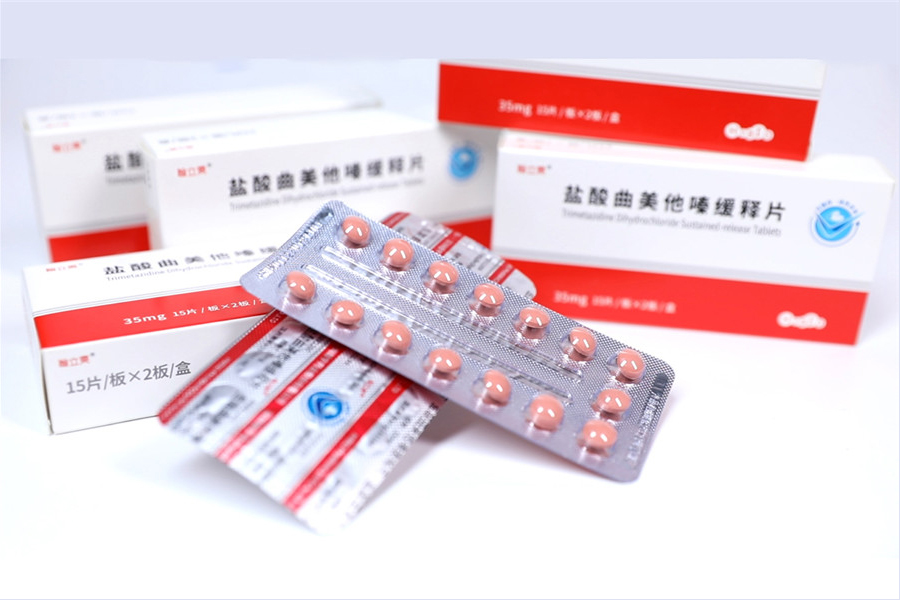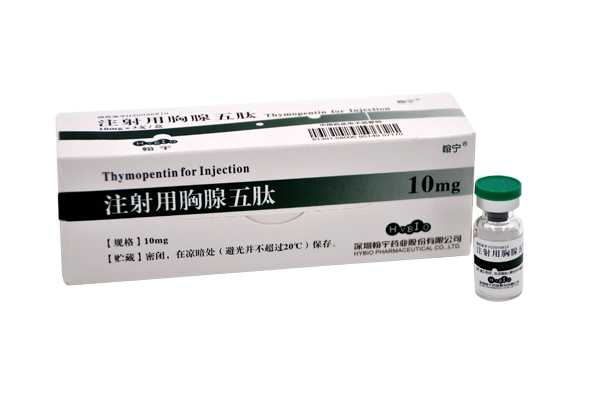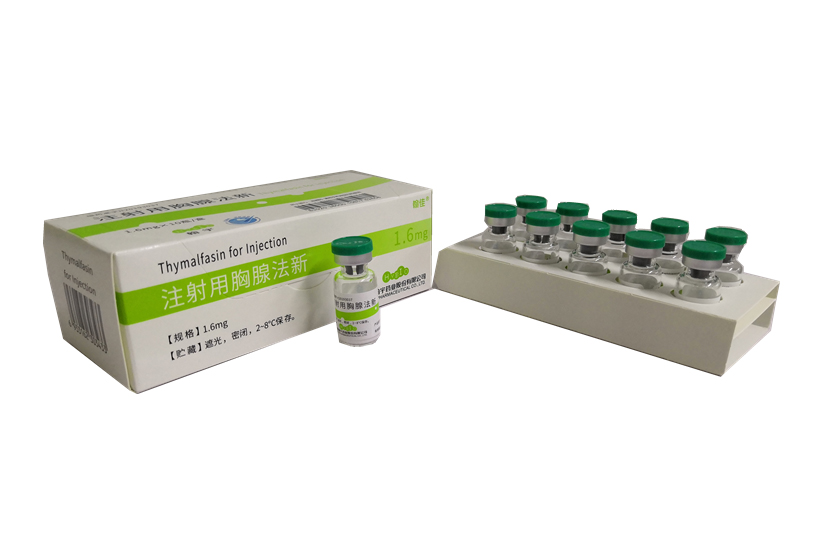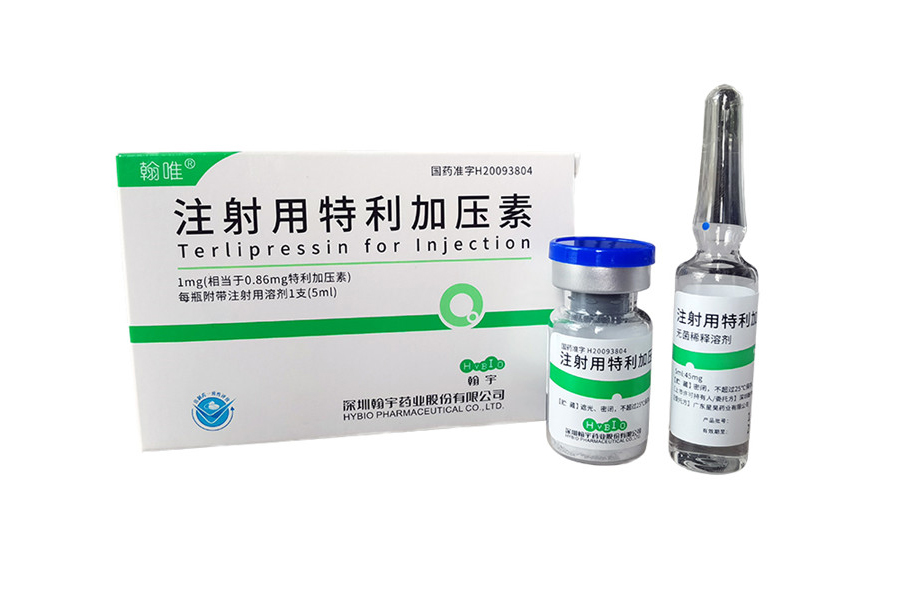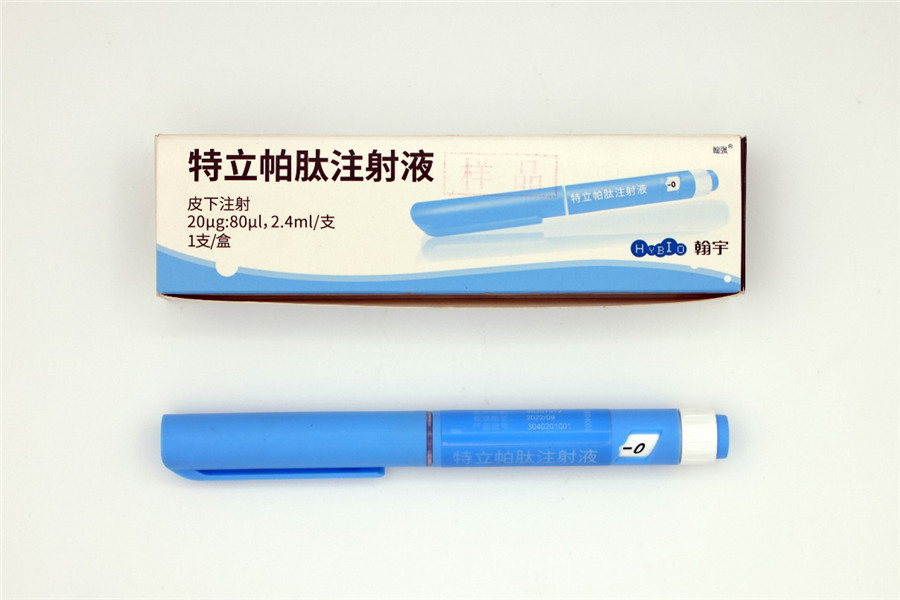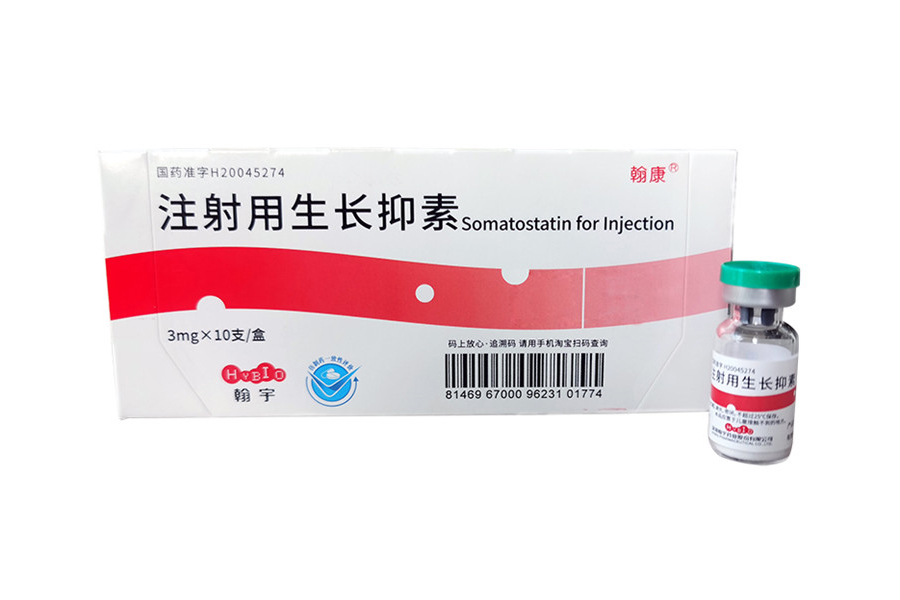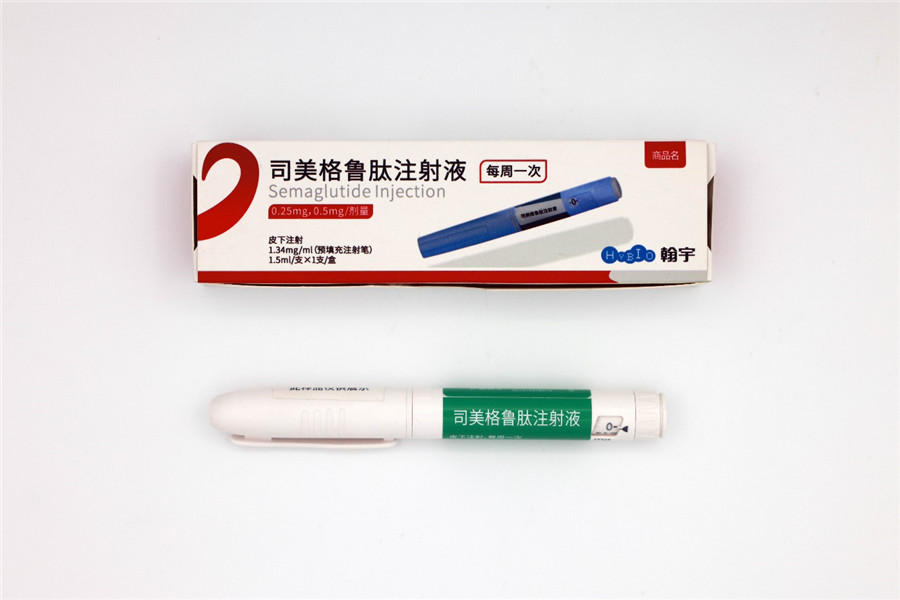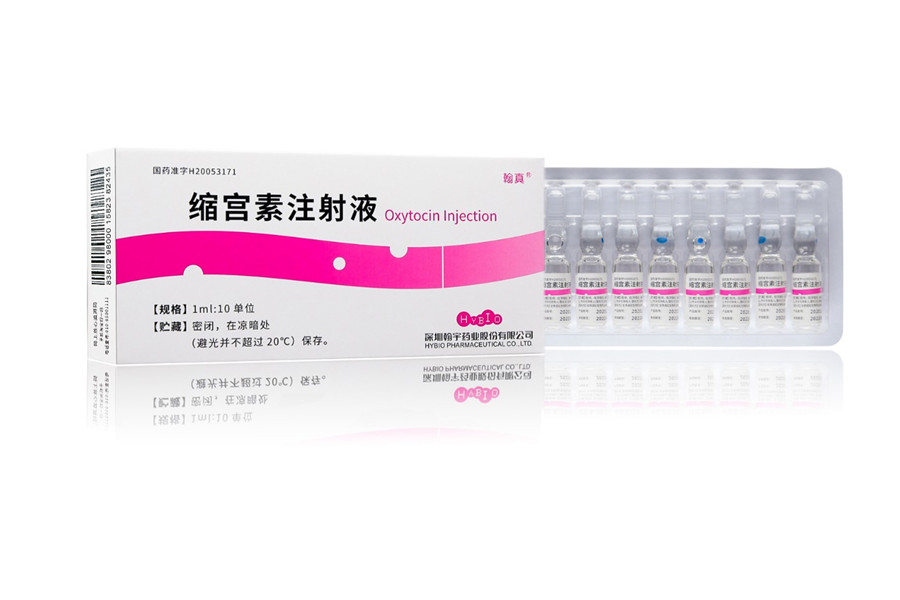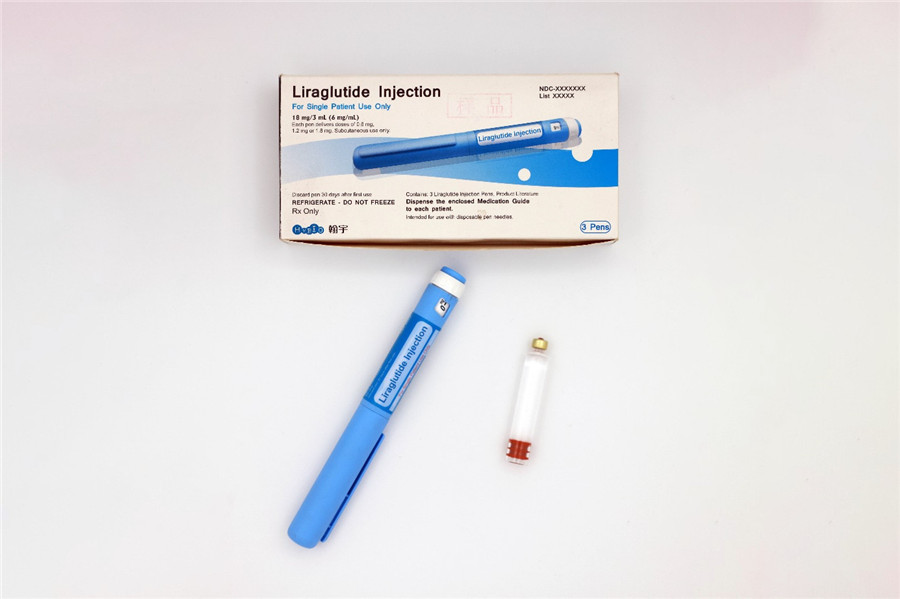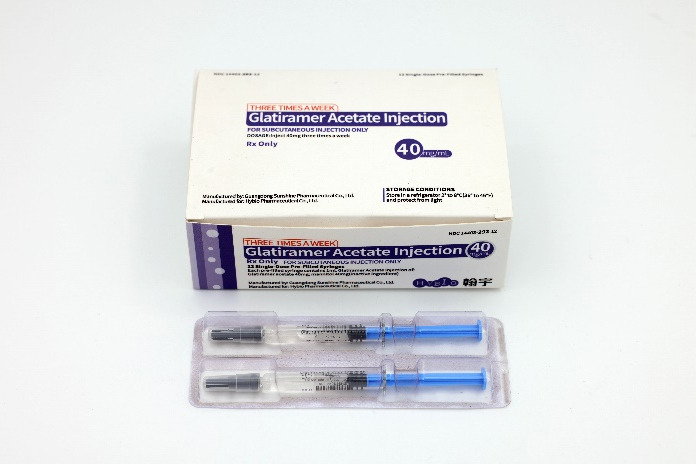0102030405
Thymalfasin for Injection
product description
Chemical Composition:
Thymalfasin is the synthetic equivalent of thymosin alpha 1, carefully formulated to ensure biological activity and stability. It is engineered to match the endogenous peptide’s structure, ensuring it effectively mimics the natural process of immune regulation.
Mechanism of Action:
Thymalfasin works by stimulating the differentiation and maturation of T lymphocytes, essential cells in the adaptive immune system. It also influences the regulation of cytokines, which are critical in the immune response, enhancing the body’s defense mechanisms against pathogens and malignancies. The drug acts to restore immune system balance, promoting an effective response to infections and facilitating the immune surveillance against cancer cells.
Indications and Usage:
This medication is indicated for use in treating chronic viral infections such as hepatitis B and C, where it helps improve the immune response to the virus. It is also used in oncology as an adjunct therapy to enhance the efficacy of cancer treatments. Additionally, Thymalfasin is beneficial in immune therapy for diseases where immune modulation is crucial.
Administration and Dosage:
Thymalfasin is administered through subcutaneous or intramuscular injection. The dosage regimen varies depending on the condition being treated, with adjustments made based on the patient's response to therapy and specific clinical needs. Treatment duration and dosage are tailored to optimize therapeutic outcomes while minimizing side effects.
Efficacy and Outcomes:
Clinical trials and studies have demonstrated the effectiveness of Thymalfasin in improving the immune response in patients with chronic hepatitis B and C, leading to better disease management and outcomes. In cancer therapy, it has shown promise in enhancing the body’s ability to combat tumor growth. The use of Thymalfasin in vaccine adjuvant therapy has also been explored, showing potential in improving vaccine efficacy.
Side Effects:
The treatment is generally well-tolerated by patients, with reported side effects including mild injection site reactions, fatigue, and occasional flu-like symptoms. Serious adverse effects are rare, making Thymalfasin a safe option for immune system modulation.
Contraindications and Precautions:
While Thymalfasin is beneficial for a wide range of patients, it should be used with caution in individuals with autoimmune diseases due to the potential for exacerbating symptoms. Healthcare providers should evaluate the risks and benefits for patients with a history of autoimmune conditions before initiating treatment.


